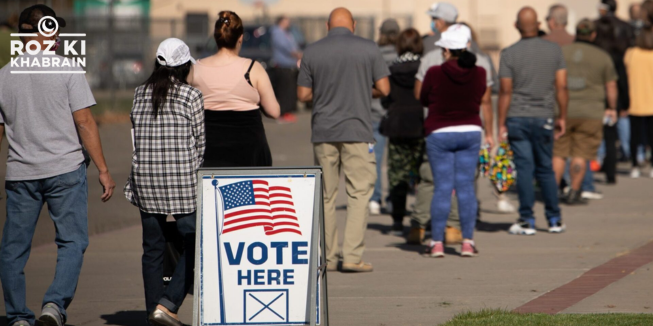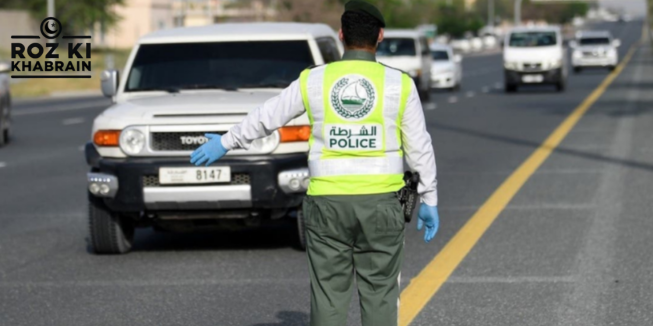Polls opened for early voting on Thursday in North Carolina, a key battleground for the upcoming US presidential election on November 5, just weeks after Hurricane Helene left many residents without power, running water, or phone service.
North Carolina is poised to play a significant role in deciding the winner between Democratic Vice President Kamala Harris and former Republican President Donald Trump, as its voting trends could easily swing either way. Current polls indicate a very close race, with several swing states likely to influence the final outcome.
Hurricane Helene, which resulted in over 200 fatalities across six states and caused billions in damages, raises concerns about its impact on voter turnout.
Harvey Neal, a 71-year-old retiree, voted at the only early voting site in Hendersonville on Thursday morning, where a steady flow of voters came in and out. Neal cast his vote for Harris, stating, “She’s young, she’s a Democrat. And, you know, what’s the alternative?” He felt fortunate that his home suffered no damage, although he had been without power for four or five days.
First-time voter Trevor Miller, a 21-year-old student, reported voting for Trump, expressing his desire to “live the best way possible” and believing his vote could help achieve that.
Trump and Harris are in a tight race in North Carolina, with Trump garnering 48% support compared to Harris’s 47.5%, according to poll aggregator FiveThirtyEight.
The state has seen mixed voting patterns in counties heavily affected by the hurricane. Buncombe County, home to Asheville, voted for Biden in the 2020 election, while nearby Yancey County supported Trump.
In preparation for the elections, North Carolina’s state elections board has spent weeks evaluating storm damage to polling locations. On Thursday, 76 early voting sites were set to open in the 25 western counties affected by the federal disaster declaration, down from an initially planned 80.
Early voting has been popular among North Carolinians, serving as the preferred method to cast ballots in both the 2020 and 2016 elections. Meanwhile, early voting began on Tuesday in Georgia, another state facing storm-related challenges.
However, remnants of the storm’s destruction were evident near polling locations in western North Carolina, with uprooted trees and debris lining the roads. In Swannanoa, some buildings remained in ruins, and significant ground erosion was visible along main streets.
Gene Dickinson, a 75-year-old Asheville resident, had intended to vote for Trump this year but found himself too preoccupied with delivering supplies to those in need following the hurricane. “With everything that’s going on, I haven’t even thought about that,” he shared outside a FEMA recovery center. “I’ve heard about it, but we don’t have any TV or anything.”
In Burnsville, Tina Veitch, a 49-year-old graphic designer, noted that the road to her family’s house had been destroyed by the storm. Yet, she chose to stay in the area instead of relocating to family in Florida to ensure she could vote. She commented on the difficulty of voting by absentee ballot, stating, “The amount of hoops you have to jump through to just do it was not worth it … So we were like, ‘We’re just going to stay ’til tomorrow at least and vote.'”




